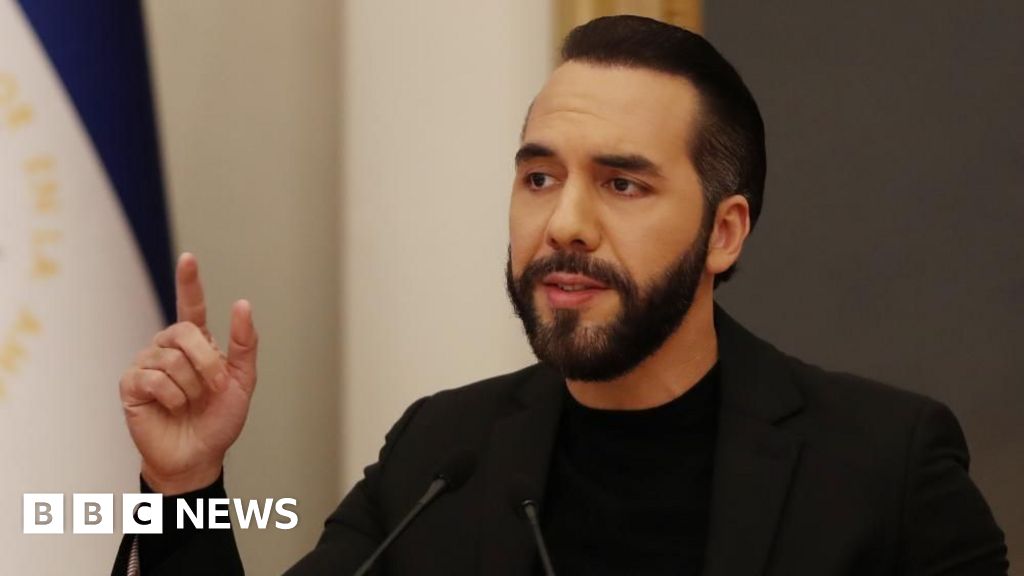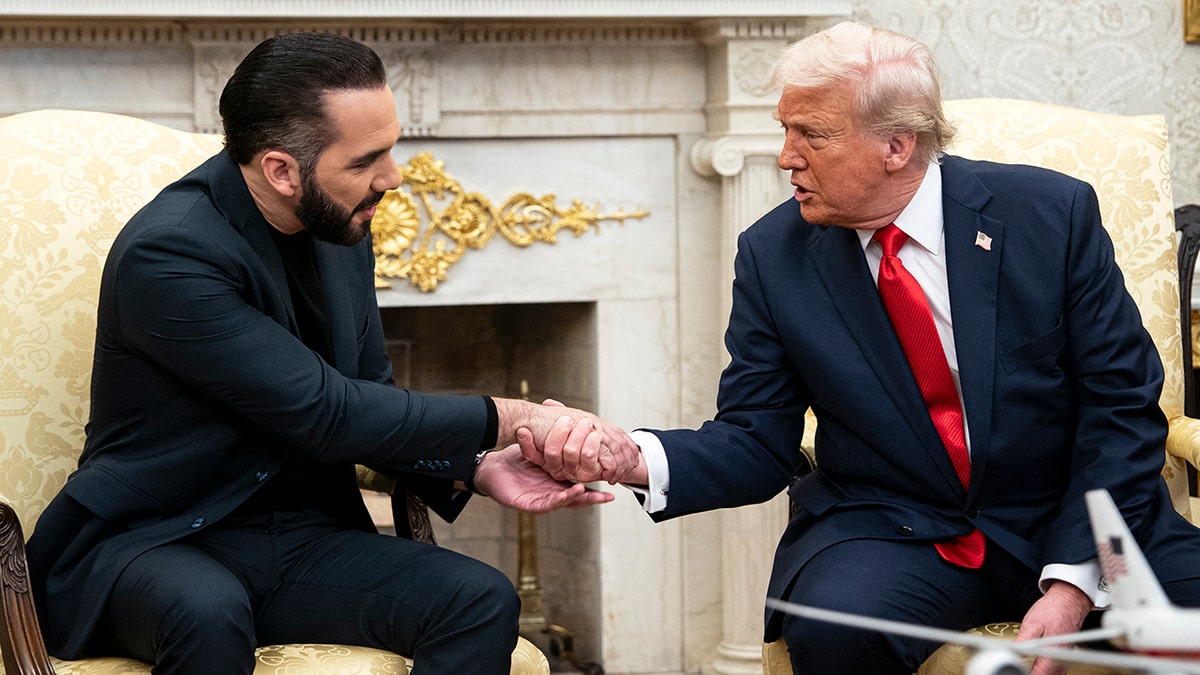
Chile's Conservative Landslide Victory
Kast wins Chile's 2025 presidential runoff with 58%, signaling a conservative shift amid Boric's low approval ratings and rising crime.
Nayib Armando Bukele Ortez, born July 24, 1981, in San Salvador, is the current president of El Salvador, serving since 2019[2][3]. He is the son of a wealthy entrepreneur of Palestinian descent, Armando Bukele, and grew up in a privileged environment[4][5]. Bukele began his career in business, managing a Yamaha dealership and a nightclub before entering politics in 2011[4]. His political rise was rapid: elected mayor of the small town of Nuevo Cuscatlán in 2012 as a member of the leftist Farabundo Martí National Liberation Front (FMLN), he then became mayor of San Salvador in 2015, where he gained popularity for urban revitalization projects and a strong social media presence[3][4]. Bukele’s relationship with the FMLN soured over allegations of corruption and internal disputes, leading to his expulsion from the party in 2017[3][4]. Undeterred, he founded his own political movement, Nuevas Ideas (New Ideas), and, after legal obstacles, ran for president in 2019 with the Grand Alliance for National Unity (GANA), winning with 53% of the vote[2][3]. At 37, he became the youngest elected president in Latin American history, ending decades of dominance by the FMLN and the conservative Nationalist Republican Alliance (ARENA)[3]. As president, Bukele quickly consolidated power, using his party’s legislative majority to remove Supreme Court justices and the attorney general, actions widely criticized as undermining judicial independence and democratic checks and balances[1][6]. He gained international attention—and controversy—for his hardline “iron fist” policies against gangs, notably the 2022 crackdown that led to over 85,000 arrests amid allegations of widespread human rights abuses[2][5]. Domestically, he remains highly popular, with approval ratings often exceeding 90%, credited with reducing crime but criticized for eroding civil liberties and press freedoms[2][5]. Bukele was re-elected in February 2024 with 85% of the vote, a result enabled by a controversial constitutional reinterpretation allowing consecutive presidential terms[2]. His administration continues to prioritize security and economic modernization, while facing ongoing scrutiny from international human rights organizations over democratic backsliding[6]. Bukele’s blend of millennial charisma, social media savvy, and authoritarian tendencies has made him a polarizing figure both at home and abroad, emblematic of a new style of leadership in Latin America[4][5].

Kast wins Chile's 2025 presidential runoff with 58%, signaling a conservative shift amid Boric's low approval ratings and rising crime.

Controversial decision to remove term limits for El Salvador's president sparks heated debate and concerns about democracy.
The proposed changes could have significant implications for the future of democracy in El Salvador.

International human rights group Cristosal has been forced to flee El Salvador due to government crackdown and funding cuts.

Paresh Rawal puts an end to speculation and controversy with confirmation of his return in Hera Pheri 3, igniting excitement among fans.

The rise of Salvadoran President Nayib Bukele has caught the attention of many, including President Donald Trump. Learn about Bukele's support of Trump and the controversial agreement to hold deported Venezuelans in El Salvador's notorious prison.